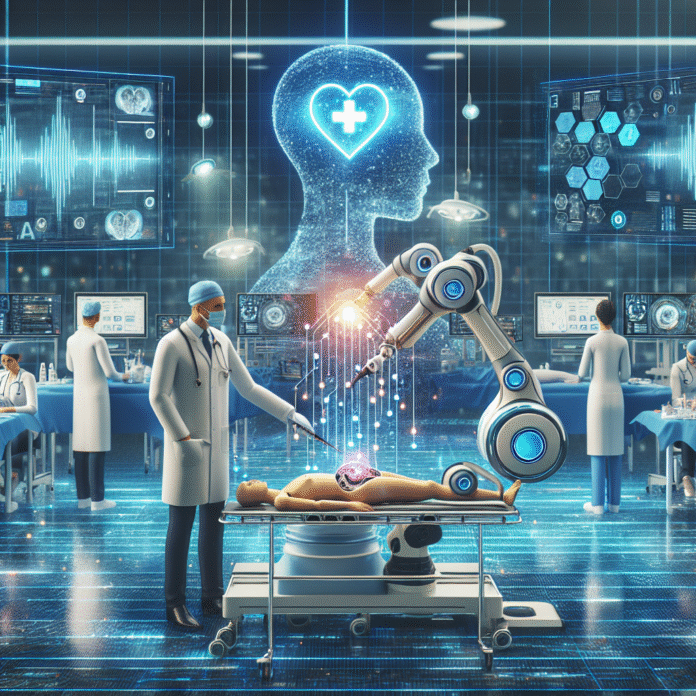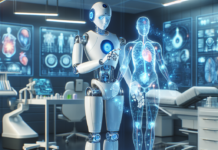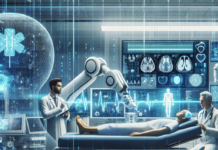AI & Healthcare: Saving Lives with Intelligent Technologies
Introduction
The integration of Artificial Intelligence (AI) into healthcare has revolutionized the way medical professionals diagnose, treat, and monitor patients. With the ability to analyze vast amounts of data swiftly, AI technologies are saving lives and driving significant advancements in the medical field.
The Role of AI in Diagnosis
AI algorithms can process and analyze medical images far more quickly than human radiologists. For example, tools powered by deep learning techniques can detect anomalies in X-rays, MRIs, and CT scans, often with impressive accuracy. As a result, diseases such as cancer can be diagnosed at earlier stages, leading to better outcomes for patients.
Personalized Treatment Plans
Beyond diagnosis, AI helps in creating personalized treatment plans tailored to the individual patient. By analyzing a patient’s health history, genetic information, and even lifestyle factors, AI can predict response to various treatments and suggest the most effective options. This tailored approach is especially beneficial in fields like oncology and pharmacogenomics.
Improving Patient Monitoring
Wearable technology and smart devices equipped with AI algorithms allow for continuous patient monitoring. These devices can alert healthcare providers about significant changes in a patient’s condition, ensuring timely interventions. For chronic disease management, AI can track medication adherence, reminding patients to take their medications and alerting doctors if a patient’s vitals fall outside normal ranges.
Enhancing Administrative Efficiency
AI is not limited to direct patient care. Administrative tasks such as scheduling, billing, and managing patient records are time-consuming. AI tools can streamline these processes, reducing costs and freeing up healthcare professionals to focus more on patient care. By automating mundane administrative tasks, AI improves overall healthcare efficiency.
Ethical Considerations
While the benefits of AI in healthcare are significant, ethical considerations must not be overlooked. Issues regarding data privacy, algorithmic bias, and the potential loss of human touch in patient care are critical discussions in the adoption of AI technologies. It is essential for healthcare stakeholders to balance technological advancements with ethical practices.
Conclusion
Artificial Intelligence is reshaping the landscape of healthcare, making it more efficient, accurate, and personalized. As technology continues to evolve, so too will its applications in medicine, ultimately saving more lives and improving patient outcomes. The future of healthcare is undoubtedly intelligent, driven by the power of AI.
Get more information to know how using intelligent technologies to save lives







